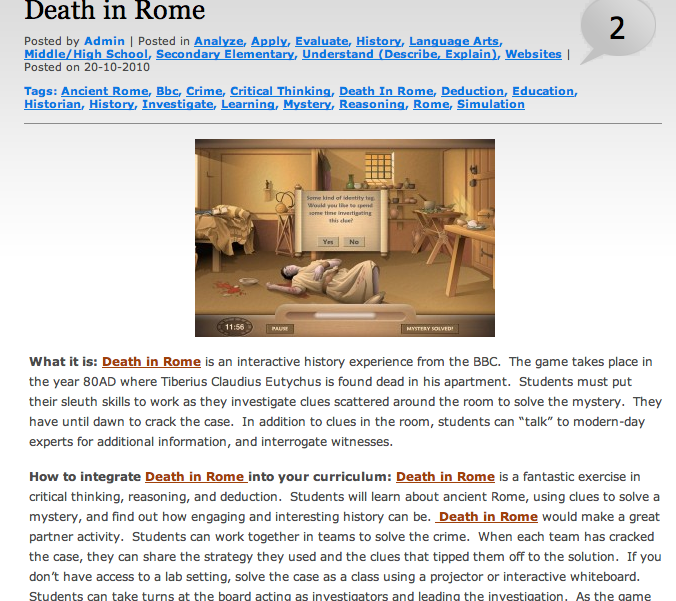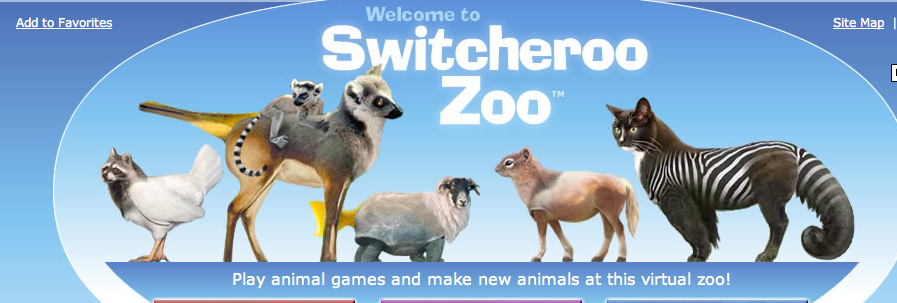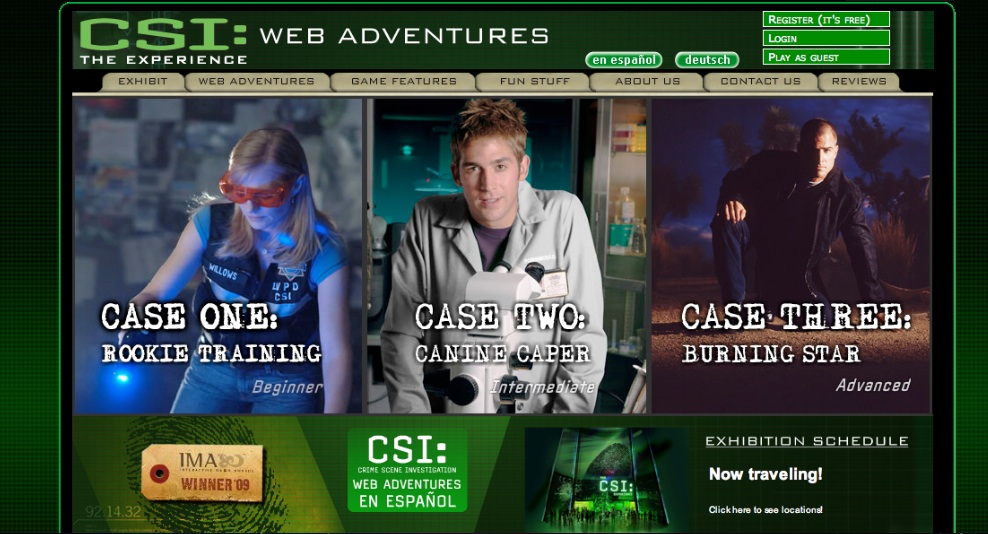Today our guest post comes from Joy Burlak, Education Resource Centre Manager at Sunbury Downs College. Joy explains how the Infinity Ring series of books and games is taking her school library by storm.
A poster came across my desk from Scholastic, promoting ‘Infinity Ring’ “Fix the past. Save the future. Read the book. Follow the guide. Play the game. www.infinityring.com ”

Such intrigue! I could not let that go without further investigation. The poster had piqued my interest in the exact way we try to entice students – we want to stimulate their curiosity. I was curious.
I went onto the Scholastic website and read about the ‘New Multi-Platform Time Travel Adventure Series Infinity Ring.’ The concept is simple. There are 7 books in the series. Each book comes with a guide which allows access to a new adventure in the online interactive game ‘Infinity Ring.’ I was hooked. Then I saw the promotional video.
The pace and drama of that video was enough. I showed it to some of my students and they too were hooked.
All I had to do now was organise for the IT department to unblock the game, and then we had to allow permissions for Unity web player to run across the network.
In the meantime students were reading up a storm, making sure they had finished the book before the game became available. The day finally arrived and the first student started playing. Soon enough we had an audience to be proud of. Those who had borrowed the book (I bought 3 copies) ran off to get their copy so they could sit and read and then get onto the game. That first day created 6 reservations for the book.
The first book is called ‘A mutiny in time’ by James Dashner. It introduces our heroes and the premise of the series and then takes the reader on a wild adventure back in time to Christopher Columbus in 1492. The adventure continues with the first game when students are taken back to1792 and the French Revolution. There are 7 books in the series, to be published over the next 18 months. James Dashner wrote the first book and will conclude the series, however the books in between will be written by other authors. This allows for a shorter publishing run and ensures interest remains at fever pitch.
The graphics are amazing and the plot is complex enough to challenge Year 8 students. I would suggest Year 9’s may even learn something. The website comes complete with Teachers’ Notes and free Common Core whiteboard activities. Circulating whilst students play the game provides an excellent opportunity to challenge their curiosity. A comment was made about crossing to the other side of the river, so my natural question was “What is the name of the river that runs through Paris?” The name d’Artagnan came up, so again the questioning continued – is he a fictional character or is there an historic link? The answers had to be provided the following day, before the game could continue.
We have decided to have 1 day each week as ‘Infinity Ring’ day. Students will be either playing the game (after reading the book) or actually reading the book. The best of both worlds!
Thanks to Joy for telling us about the passion of her students for this new series of novels. We’re off to read the first novel and start playing!







